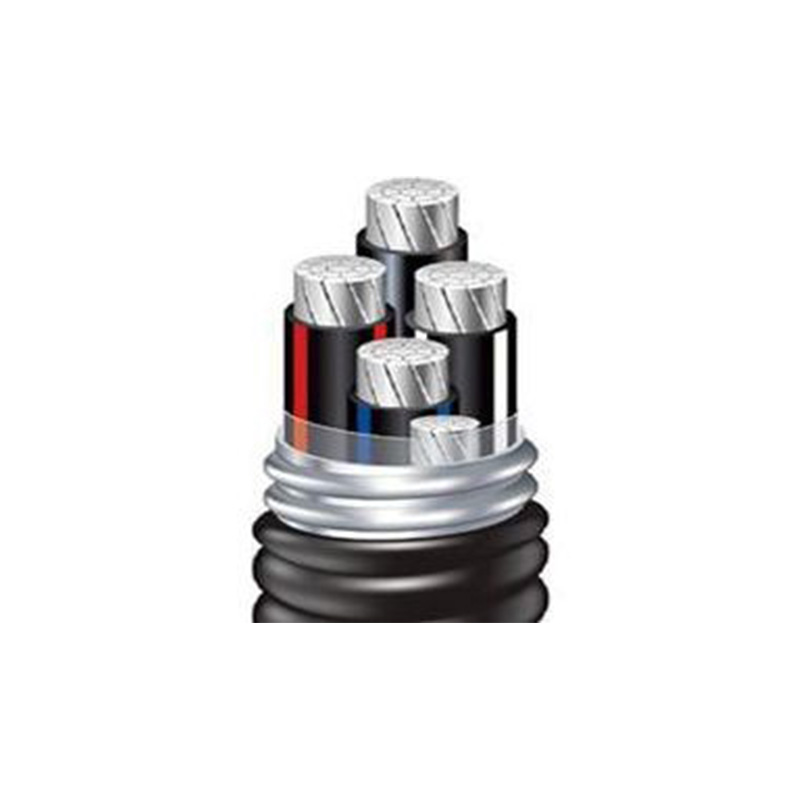Nov . 12, 2024 09:15 Back to list
casting ball valve
Understanding Casting Ball Valves A Comprehensive Overview
Casting ball valves have emerged as a vital component in various industrial applications due to their robust design and reliability. These valves play an essential role in controlling the flow of liquids and gases, making them critical in sectors such as oil and gas, water treatment, power generation, and more. This article will delve into the characteristics, advantages, applications, and maintenance considerations of casting ball valves.
What is a Casting Ball Valve?
A casting ball valve is a type of valve that utilizes a spherical disc—known as a ball—to manage the flow of fluid through pipelines. The ball's design allows for quick shut-off and excellent control over the flow direction. These valves are typically made from materials such as brass, stainless steel, or carbon steel, often manufactured using casting techniques that enhance their structural integrity.
Characteristics of Casting Ball Valves
One of the defining characteristics of casting ball valves is their ability to provide a tight seal, preventing leakage and allowing for maintenance of pressure in piping systems. The spherical shape of the ball allows for a full port or reduced port design. Full port valves offer a path that matches the pipeline diameter, resulting in minimal pressure loss. In contrast, reduced port valves have a smaller opening, which may create turbulence but can be beneficial in certain applications.
Casting ball valves also come in different types, including floating ball valves and trunnion-mounted ball valves. Floating ball valves feature a ball that is held in place by the valve seats, allowing the ball to float and seal against the downstream seat under pressure. On the other hand, trunnion-mounted ball valves have the ball fixed in place, providing better stability and the ability to handle larger sizes and higher pressures.
Advantages of Casting Ball Valves
There are several advantages to using casting ball valves that make them a preferred choice in many applications
1. Durability The casting process typically results in a stronger product that is capable of withstanding harsh environments, making them well-suited for high-pressure and high-temperature applications.
casting ball valve

2. Quick Operation Most casting ball valves require only a quarter turn to open or close, which allows for swift operation—critical in emergency situations where fast action is required.
3. Low Maintenance With fewer moving parts compared to other valve types, casting ball valves are generally easier to maintain, reducing downtime and operational costs.
4. Versatility These valves are suitable for a wide range of applications, from water systems to corrosive chemical treatments. Their design can accommodate various working conditions and types of media.
5. Excellent Flow Characteristics The design of the ball valve ensures minimal turbulence and low pressure loss when in the fully open position, promoting efficient flow through the system.
Applications of Casting Ball Valves
Casting ball valves are widely used in various industries due to their adaptability and reliability. Some common applications include
- Oil and Gas Industry Used for pipeline isolation and control in upstream and downstream operations. - Water and Wastewater Treatment Essential for regulating flow rates and controlling pressure in treatment facilities. - Chemical Processing Utilized in the handling of corrosive substances where resistance to chemicals is essential. - Power Generation Employed in steam systems for controlling flow and pressure effectively.
Maintenance Considerations
While casting ball valves are designed for durability and low maintenance, regular inspections are essential to ensure their optimal performance. Key maintenance practices include checking for leaks, ensuring proper operation of the actuation mechanism, and inspecting the valve seats and seals for wear and damage.
In conclusion, casting ball valves are integral to many industrial processes, providing effective solutions for flow management and control. Their robust construction, quick response capabilities, and versatility make them a popular choice across various sectors. Understanding their characteristics, advantages, and maintenance needs will enable professionals to make informed decisions when selecting the right valve for their applications.
Share
-
Reliable Wafer Type Butterfly Valves for Every IndustryNewsJul.25,2025
-
Reliable Flow Control Begins with the Right Ball Check ValveNewsJul.25,2025
-
Precision Flow Control Starts with Quality ValvesNewsJul.25,2025
-
Industrial Flow Control ReliabilityNewsJul.25,2025
-
Engineered for Efficiency Gate Valves That Power Industrial PerformanceNewsJul.25,2025
-
Empowering Infrastructure Through Quality ManufacturingNewsJul.25,2025


